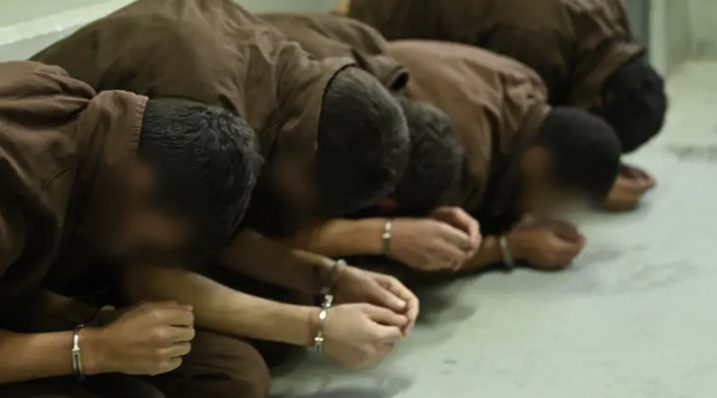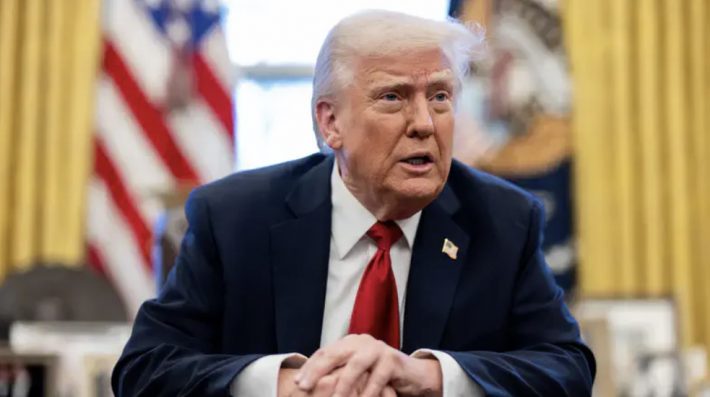A European Broadcasting Union meeting in London ends without a vote on expelling Israel from Eurovision, granting the country a temporary reprieve.
A closed-door meeting of the European Broadcasting Union (EBU) at the BBC headquarters in London concluded Thursday without a vote on Israel’s participation in the Eurovision Song Contest, despite mounting calls for its expulsion, Ynet reports.
The Israeli Public Broadcasting Corporation, KAN, viewed the outcome as a temporary diplomatic success, with officials believing that a vote would have likely gone against Israel.
Representing Israel, Attorney Ayala Mizrahi urged the assembly to recognize that Israel’s involvement in Eurovision is not merely symbolic, but part of a longstanding cultural engagement.
The debate, which lasted roughly 90 minutes, saw Iceland and Slovenia take leading roles in pushing for Israel’s removal, with some delegates exhibiting outright hostility. Austria, Germany and Switzerland were the only nations to publicly back Israel. The BBC unexpectedly intervened to halt a vote, instead advocating for further dialogue.
Calls to exclude Israel from Eurovision intensified in recent months, following the war in Gaza triggered by Hamas’s October 7 massacre against Israel. In April, shortly before the contest in Basel, formal requests to ban Israel were submitted by several countries, including Iceland and Spain.
The calls grew after Israel’s entry, “New Day Will Rise” performed by Yuval Raphael, came in second behind the Austrian winner, though Israel only received 60 points from the juries. The remaining 297 points came from the public, which overwhelmingly favored Israel’s entry over any other country.
Those results led broadcasters from Spain, Iceland, Belgium, Finland, and Ireland, to either request audits of their national televoting results or question the current methodology.
The Austrian winner of this year’s contest, JJ, called for Israel to be suspended from Eurovision, though he later walked back those comments.
Iceland’s Foreign Minister Þórdís Kolbrún Reykfjörð Gylfadóttir, speaking to local media, said on Thursday, “As a private citizen, I find it strange and unnatural that Israel is allowed to participate in Eurovision, given the war crimes—and in fact ethnic cleansing—that have taken place in Gaza in recent weeks and months.”
Despite this, she opposed an outright boycott by Iceland, calling instead for internal debate within the EBU.
The EBU has maintained that the competition is between broadcasters and not governments, and has so far rejected demands to exclude Israel.





